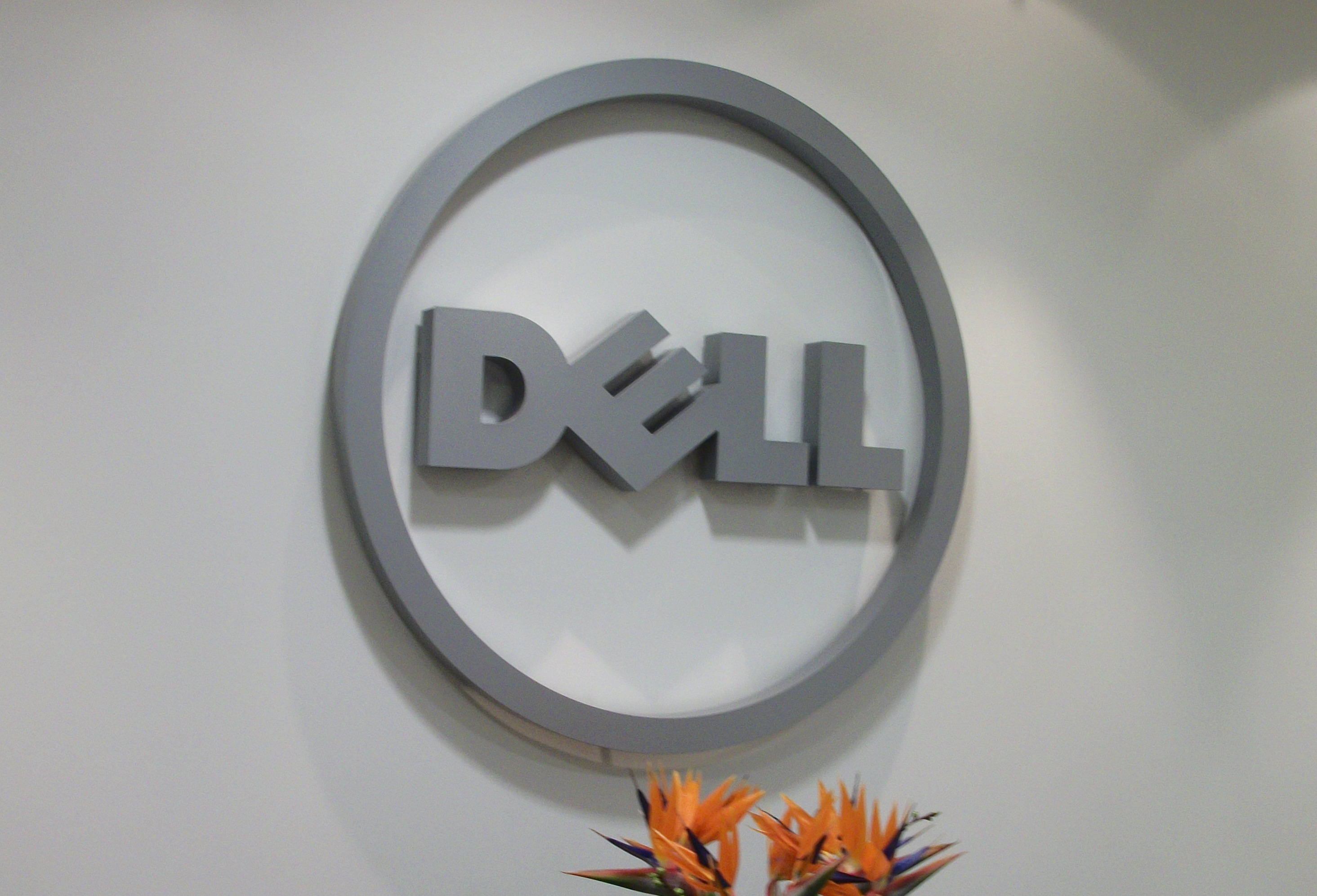

Dell has delivered ARM-based servers to a number of ‘select hyperscale customers and partners’, in a further sign of the growing encroachment of ARM on Intel and AMD’s traditional markets.
According to Dell, the market for ARM-based servers is approaching an inflection point, with more and more customers testing and developing applications for these new machines.
And Dell is not the only vendor introducing ARM-based servers, as Calxeda in early May demonstrated an ARM-based server running a Linux operating system.
Dell has traditionally served up Intel x86 architecture-based servers in the past, but it is now gearing its ARM-based servers towards hyperscale environments.
It first began testing ARM server technology internally in 2010 in response to increasing customer demands for density and power efficiency. This need for density and power efficiency neatly dovetails into Dell’s Data Center Solutions (DCS) and for its hyperscale (or big data) customers.
“Customers have expressed great interest in understanding ARM-based server advantages and how they may apply to their hyperscale environments,” said Dell. “Dell believes ARM infrastructures demonstrate promise for web front-end and Hadoop environments, where advantages in performance per dollar and performance per watt are critical.”
“Dell has a long history of addressing customer needs by delivering relevant innovation across the server portfolio, and within its Data Center Solutions business,” said Forrest Norrod, vice president and general manager, Server Solutions at Dell.
“Today Dell is delivering this same innovation focus to the ARM server market, working hand-in-hand with customers and the community to enable development and testing of workloads for leading-edge hyperscale environments.
“We recognise the market potential for ARM servers, and with our experience and understanding of the market, are enabling developers with the right systems and access for the current state of the ARM server market maturity.”
“Within data centres, the need to improve performance per watt while decreasing power consumption will continue to be strong area of concern for data centre developers, and forcing them to find ways of incorporating density optimised servers into the data centre,” added Matt Eastwood, group VP at IDC Enterprise Platforms.
“We saw Dell’s DCS division become an early innovator and subsequent market leader with customised server solutions stemming from deep engagement with hyperscale customers.
“Dell is smartly extending this strategy to help foster the ARM ecosystem while providing a robust, reasonably priced testing and development platform with its new Dell Copper ARM server.”
ARM has made its name in the mobile space by providing chip designs that are commonly found in mobile phones and tablets.
But in late 2010 the company signalled its intention to compete against the likes of Intel and AMD, by designing chips to help drive up the energy efficiency of data centre systems.
How well do you know your operating systems? Take our quiz.
Solving not-spots? Ofcom proposal to make UK the first European country to allow ordinary smartphones…
Pioneering robotaxi service from Alphabet's Waymo to go live in Washington DC next year, as…
Dozens of Chinese firms added to US export blacklist, in order to hamper Beijing's AI…
Chinese rival BYD overtakes global revenues of Elon Musk's Tesla, as record number of Tesla…
Messaging app Signal in the headlines after a journalist was invited to a top secret…
OpenAI chief operating officer Brad Lightcap to oversee international expansion as company consolidates lead in…